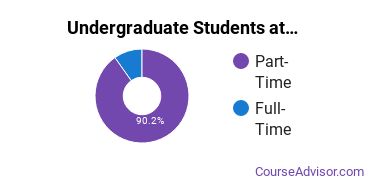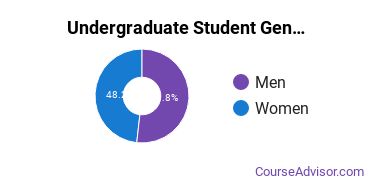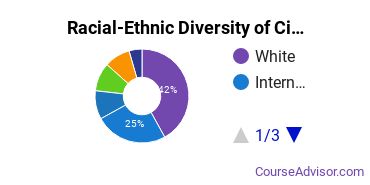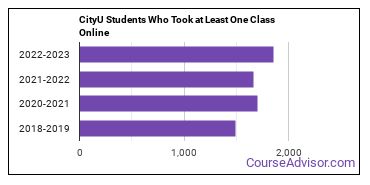City University of Seattle Overview
City University of Seattle is a private not-for-profit institution situated in Seattle, Washington. The city atmosphere of Seattle makes it a great place for students who enjoy having lots of educational and entertainment options.
What Is City University of Seattle Known For?
- Students who want to work more closely with their professors have an easier time at CityU since the student to facuty ratio is 6 to 1.
- Students at CityU have an easier time paying back their loans. The school's student loan default rate is only 1%, compared to the national rate of 10.1%.
- Although it may not be available for every major, the doctor's degree is the highest award a student can attain at CityU.
- In <nil>, 8% of the faculty were full-time.
- After graduation, CityU bachelor's degree recipients go on to jobs where they make $64,434 a year. That's about 58% more than their peers at other schools.
- The average CityU student graduates in 4.0 years. That's better than the national average of 4.4 years.
Featured schools near , edit
Where Is City University of Seattle?

Contact details for CityU are given below.
| Contact Details | |
|---|---|
| Address: | 521 Wall Street, Suite 100, Seattle, WA 98121 |
| Phone: | 888-422-4898 |
| Website: | www.cityu.edu |
How Do I Get Into CityU?
You can apply to CityU online at: www.cityu.edu/applications-overview/undergraduate-application/
Can I Afford City University of Seattle?
The student loan default rate at CityU is 1.4%. This is significantly lower than the national default rate of 10.1%, which is a good sign that you'll be able to pay back your student loans.
City University of Seattle Undergraduate Student Diversity

There are also 851 graduate students at the school.
Gender Diversity
Of the 112 full-time undergraduates at CityU, 52% are male and 48% are female.

Racial-Ethnic Diversity
The racial-ethnic breakdown of City University of Seattle students is as follows.

| Race/Ethnicity | Number of Grads |
|---|---|
| Asian | 5 |
| Black or African American | 11 |
| Hispanic or Latino | 10 |
| White | 47 |
| International Students | 28 |
| Other Races/Ethnicities | 11 |
Geographic Diversity
Washington students aren't the only ones who study at City University of Seattle. At this time, 4 states are represented by the student population at the school.
Over 51 countries are represented at CityU. The most popular countries sending students to the school are China, Vietnam, and Mexico.
Online Learning at City University of Seattle
The following chart shows how the online learning population at CityU has changed over the last few years.

This school is the 3rd most popular in Washington for online learning according to the online graduations recorded by the Department of Education for the academic year 2020-2021.
Online Growth Rankings of CityU
The average growth rate over the last four years of online students at City University of Seattle was -3.7%. This is the #1,904 largest growth rate of all schools that are only partially online. This refers to all students at CityU regardless of major.
When we speak of partially online, we are referring to schools whose online population is less than 50% of its total student body. Mostly online refers to those with online populations greater than or equal to 50%.
References
*The racial-ethnic minorities count is calculated by taking the total number of students and subtracting white students, international students, and students whose race/ethnicity was unknown. This number is then divided by the total number of students at the school to obtain the racial-ethnic minorities percentage.
More about our data sources and methodologies.
Featured Schools
 Request Info
Request Info
|
Southern New Hampshire University You have goals. Southern New Hampshire University can help you get there. Whether you need a bachelor's degree to get into a career or want a master's degree to move up in your current career, SNHU has an online program for you. Find your degree from over 200 online programs. Learn More > |
